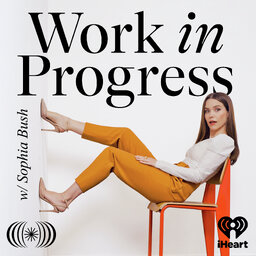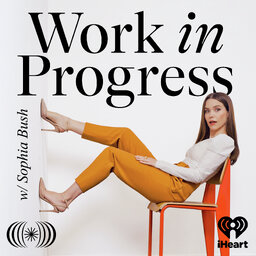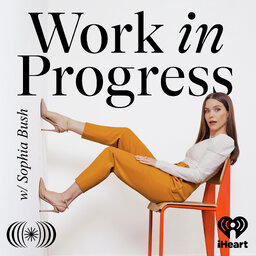Jacqueline Toboni is an actor who has been on "Grimm," "Easy" and is now starring in "The L Word: Generation Q." She joins Sophia on "Work in Progress" to talk about her childhood in San Francisco, how she began acting after being cut from the basketball team, the importance of full representation on TV, what it was like to work with Sophia on their episode of "Easy," and why she's so excited for her latest show. Executive Producers: Sophia Bush & Sim Sarna Supervising Producer: Allison Bresnick Associate Producer: Caitlin Lee Editor: Josh Windisch Music written by Jack Garratt and produced by Mark Foster Artwork by Kimi Selfridge. This show is brought to you by Brilliant Anatomy.
 Work in Progress with Sophia Bush
Work in Progress with Sophia Bush


